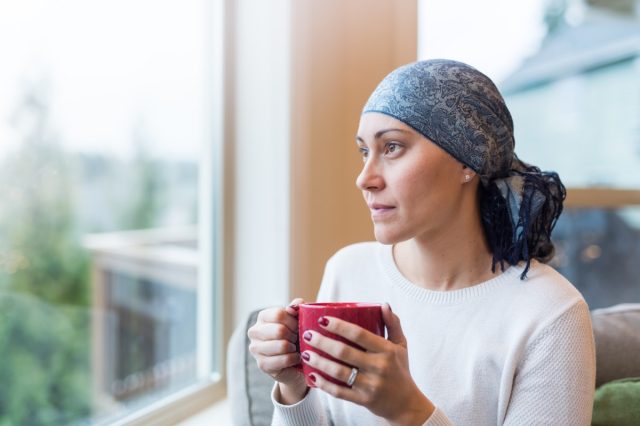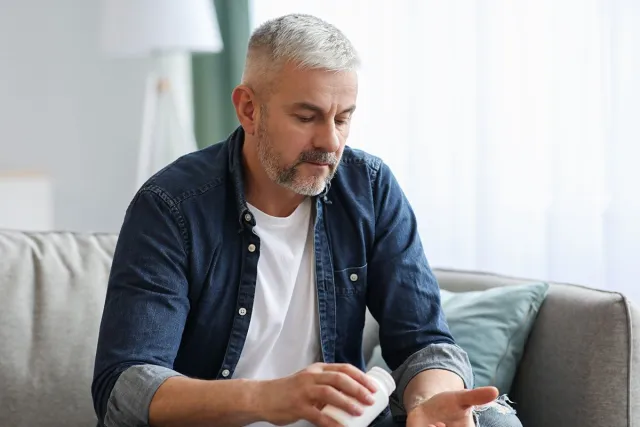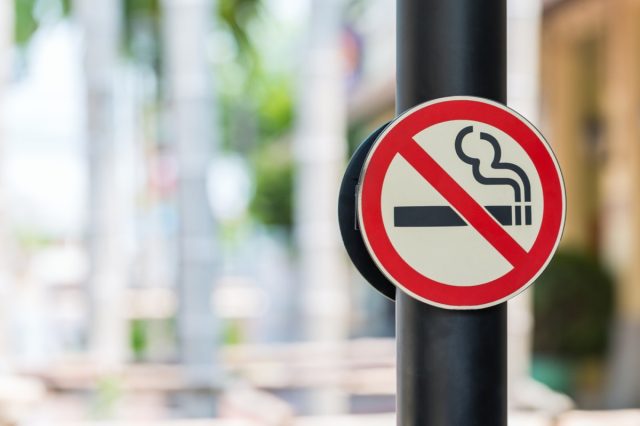Millions of Americans get diagnosed with skin cancer each year. The three most common types of skin cancer are basal cell carcinoma, squamous cell carcinoma, and melanoma. The death rate from skin cancer is very low, but it is still important to be aware of the risk factors and take steps to prevent it.
Risk factors can be non-modifiable or modifiable. Risk factors that modifiable are those you can change my making healthy choices.
Family History of Skin Cancer

The first non-modifiable risk factor for skin cancer is in your genes. A family history of skin cancer increases your risk of developing the disease. If you have a parent or sibling with skin cancer, your risk is doubled.
Ethnicity & Fair Skin

Caucasians are more likely to develop skin cancer than people of other ethnicities. People with fair skin are more likely to develop skin cancer than those with darker skin. This is because fair skin doesn't have as much melanin, which helps protect against the sun's ultraviolet (UV) rays.
Having Light Hair and Blue Eyes

People with light hair and blue eyes are at a higher risk for developing skin cancer. This is because they have less melanin. Melanin is a pigment that helps protect the skin from the sun's UV rays.
Age

The risk of skin cancer increases as you age. Most cases are diagnosed in people over the age of 50.
Male Gender

Men are more likely to develop skin cancer than women. This may be due to higher rates of sun exposure and outdoor activities.
Previous History of Skin Cancer

If you've had skin cancer before, you're at a higher risk of developing it again.
Weakened Immune System & Certain Medical Conditions

People who have a weakened immune system (immunosuppression) are at an increased risk for skin cancer. This includes people with HIV/AIDS, organ transplant recipients, and people taking immunosuppressive drugs.
People with certain medical conditions, such as xeroderma pigmentosum and albinism, are at a higher risk for skin cancer. This is because they have a reduced ability to repair damage from UV rays.
If you have any of these non-modifiable risk factors it is important to self-screen and speak to your health care provider.
Ultraviolet (UV) Radiation Exposure

Until now we were listing risk factors you have no control over. Now let's talk about factors that you can do something about. The most important modifiable risk factor for all types of skin cancer is ultraviolet (UV) radiation exposure. UV radiation comes from the sun, tanning beds, and other artificial sources, such as welding torches. The risk of skin cancer goes up with the amount of exposure to UV rays. Therefore using sunscreen is important, as is seeking shade and wearing clothing that covers the skin.
Tanning Habits

People who sunburn easily or tan frequently are at an increased risk for skin cancer, especially if they start young. People who use indoor tanning beds are also at an increased risk. The risk of skin cancer is higher in people who have had more than five sunburns at any age.
Excessive Exposure to X-Rays

People who have had excessive exposure to X-rays (such as from radiation therapy) have an increased risk of skin cancer.
Certain Chemicals

People who are exposed to certain chemicals, such as arsenic and some industrial chemicals, have an increased risk of skin cancer.
Certain Medications

Certain medications, such as those used to treat psoriasis, can make the skin more sensitive to UV rays and increase the risk of skin cancer.
Smoking

Smoking cigarettes can also increase your risk of skin cancer, especially squamous cell carcinoma. If you smoke, quitting can decrease your risk of skin cancer.
Poor Nutrition

Eating a diet that is high in fat and calories and low in fruits and vegetables has been linked to an increased risk of skin cancer. Eating a healthy diet with plenty of fruits, vegetables, and whole grains can help reduce your risk of skin cancer.
Skin cancer is most commonly caused by exposure to ultraviolet (UV) radiation from the sun or tanning beds. The best way to prevent skin cancer is to protect yourself from UV radiation. This can be done by avoiding sun exposure, wearing protective clothing, and using sunscreen with an SPF of 30 or higher. It is also important to avoid smoking and eat a healthy diet. People with certain medical conditions or who are taking certain medications should also take extra precautions to protect themselves from UV radiation. If you have any of the above risk factors, it is important to do skin checks and see a doctor for regular skin cancer screenings. Early detection and treatment of skin cancer can save your life.
No comments:
Post a Comment